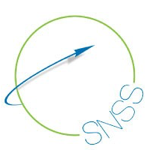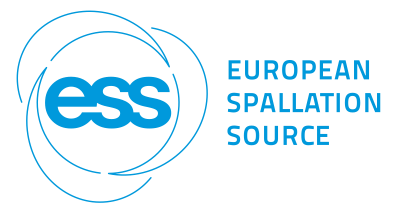Conveners
Hard Matter: Hard Matter
- Maths Karlsson (Chalmers University of Technology)
Dr
Elizabeth Blackburn
(University of Birmingham)
30/05/2016, 15:20
Often, when thinking of magnetic structures, the textbook picture is of
magnetic moments on individual atoms, engaged in collective action to
form ordered or partially ordered states. Neutron scattering has proved
essential as a direct probe of these magnetic structures. In this
experimental paradigm, the existence of meso- or microscopic magnetic
structures is, perhaps, an irritation or...
Prof.
Patrik Henelius
(Theoretical Physics, KTH)
30/05/2016, 16:00
The spin-ice family of materials is one of the foremost realizations of a frustrated magnetic system displaying a macroscopic ground state degeneracy down to sub-Kelvin temperatures. Neutron scattering is a sensitive probe of the magnetic correlations in these materials, and one of the primary methods used to constrain the free parameters of the Hamiltonian. We will give specific examples of...
Mrs
Carin Österberg
(Department of Physics, Chalmers University of Technology, Sweden)
30/05/2016, 16:15
Proton conducting perovskite type oxides, such as BaTi1-xYxO3Hx, for which the protons are covalently bound to oxygens, are currently accumulating considerable attention. The proton conduction mechanism may be divided into two principal processes, hydrogen-bond mediated proton transfers (jumps) between neighbouring oxygen ions, and -OH reorientational motion between such transfers[1]. However,...
Mr
Johan Cedervall
(Uppsala University)
30/05/2016, 16:30
Permanent magnets are highly used in energy applications, both for harvesting in e.g windmills and for usage in electric vehicles. To reduce the price tag for the manufactured magnets expensive elements like Nd, Gd and other rare earth elements should be avoided. Therefore other types of rare earth free permanent magnets are currently under heavy research. However, rare earth elements have a...
Pascale Deen
(European Spallation Source ESS AB)
30/05/2016, 16:45
The search for new states of matter is a fundamental theme of condensed matter science. Frustrated magnetic materials are promising candidates for new states because lattice geometry suppresses conventional magnetic dipole order. Frustration thus drives novel emergent states. Classical spins on the 3D triangular hyperkagome lattice have long been considered ideal for novel states yet have...

